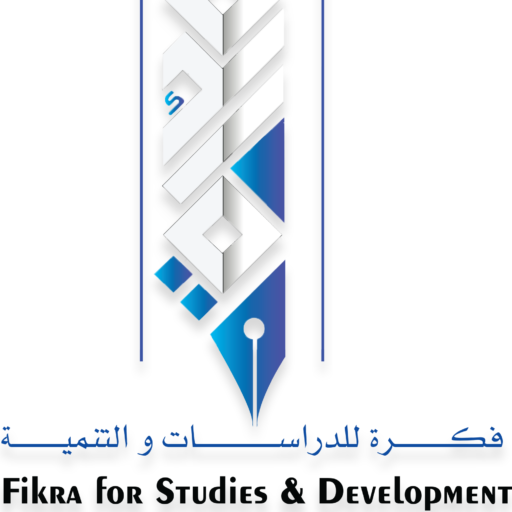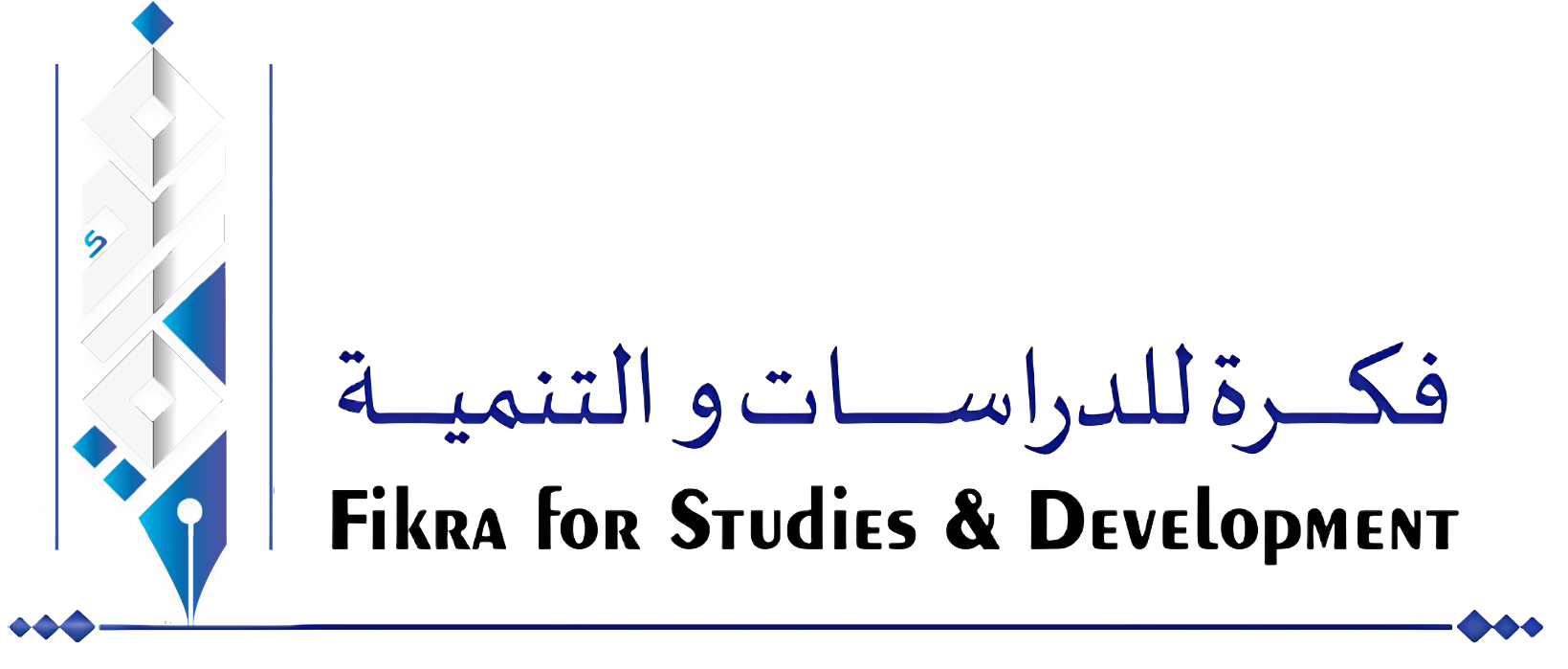The Outbreak of the “Killing Madness” Epidemic in Sudan
The Outbreak of the Killing Madness Epidemic in Sudan
The Outbreak of the “Killing Madness” Epidemic in Sudan
Dr. Elshafie Khidir Saeed
War crimes and crimes against humanity represent some of the most severe offenses against humankind. They constitute grave violations of fundamental human values, international humanitarian law, and international human rights law.
Although the distinction may seem subtle, war crimes and crimes against humanity differ in both scope and application. War crimes involve breaches of the laws and customs governing armed conflicts—whether between nations or within a state—and may target both soldiers and civilians. Examples include the killing or torture of prisoners of war or civilians, the use of prohibited weapons (such as chemical or biological arms), indiscriminate attacks that cause civilian casualties, the recruitment and deployment of child soldiers, and the deliberate destruction of civilian property, infrastructure, or institutions like hospitals, schools, and places of worship.
In contrast, crimes against humanity refer to systematic, organized, and widespread attacks against civilian populations, committed during both war and peacetime. Often driven by political, ethnic, or religious motives, these acts include deliberate killings, genocide, torture, enforced disappearances, rape, sexual enslavement, human trafficking, forced displacement or mass population transfers, and other violent measures that inflict severe suffering. Both war crimes and crimes against humanity are codified in international law—most notably in the four Geneva Conventions of 1949 and their Additional Protocols, as well as in the Rome Statute, which established the International Criminal Court (ICC) in 1998.
To ensure justice and deter future violations, jurists, human rights defenders, and policymakers stress the critical importance of holding perpetrators accountable. This can be achieved through mechanisms such as the ICC, specialized international tribunals (for instance, the Nuremberg Trials for World War II crimes or the ICC tribunals for Rwanda and the former Yugoslavia), or national courts operating under the principle of universal jurisdiction—provided that the judicial systems involved remain independent and impartial.
When applying this understanding to Sudan’s ongoing conflict—now nearing its second year—it becomes evident that many, if not all, elements of these crimes are present. Documented evidence reveals that civilians in residential areas, markets, and hospitals are being targeted by artillery shelling, airstrikes, or drone attacks, leading to significant casualties, particularly among women and children. Acts of vengeance, massacres, and public killings—often as brutal as butchering sheep—have become alarmingly common, typically fueled by political, ethnic, or regional animosities or driven by looting. Other atrocities include the systematic use of sexual violence as a weapon of war, the forced displacement of populations (resulting in a massive internal refugee crisis and cross-border exodus), and the destruction of critical infrastructure such as roads, bridges, hospitals, schools, and utilities that provide water and electricity—thereby depriving civilians of essential services.
While war crimes and crimes against humanity were prevalent during South Sudan’s pre-secession conflicts and the Darfur war (ongoing since 2003 and labeled by the UN as the “first genocide of the 21st century”), Sudan’s current conflict—ignited on April 15, 2023—has escalated to unprecedented and irrational levels. The nation now endures horrific violence and brutal massacres against civilians, often driven by ethnic or political vendettas, plunging the country into what can only be described as an epidemic of bloodshed—a “killing madness.”
Symptoms of this epidemic in Sudan include:
• The unending “cycle of revenge,” which perpetuates violence and bloodshed.
• Escalating tensions that breed fear and anger.
• The normalization of violence as an accepted method for resolving conflicts.
These factors not only erode the prospects for peaceful dialogue but also deepen societal polarization and fracture the social fabric—casting a long shadow over Sudan’s future unity. Moreover, they heighten the risk of external actors becoming involved, further exacerbating the tragedy and prolonging civilian suffering.
The spread of this “killing madness” cannot be ignored or met with silence. All stakeholders—especially traditional leaders, grassroots figures, Sufi religious guides, and civil society—must shoulder a moral responsibility to curb this epidemic. However, the primary legal and ethical burden rests on the leadership of the warring parties, who must:
• Enforce strict discipline among their forces to prevent further war crimes and crimes against humanity.
• Establish independent commissions to investigate both past and ongoing atrocities.
• Publicly disclose their findings with full transparency.
• Ensure that all perpetrators are swiftly and fairly held accountable.
Failure to act renders these leaders complicit in the atrocities. Additionally, as highlighted in previous discussions, Sudan must urgently deploy police and civilian law enforcement in army-controlled areas, enforce a clear separation between regular military forces and mobilized militias, and ensure that any direct engagement with civilians strictly adheres to the rule of law.
If domestic efforts prove insufficient, international mechanisms under international law must be activated to halt this tragedy and protect civilians. The Sudanese people deserve neither this pervasive madness nor the enduring scars it leaves behind.
Dr. Elshafie Khidir Saeed
A Sudanese pro-democracy political scholar, thinker and writer. He has a long track-record in the struggle against military dictatorships for realizing democracy, rule of law, peace and political stability in Sudan. He was subjected to political detention for five years in the 80th of the last century, and he went underground for many years fighting the Ingaz regime. Dr. Elshafie has a number of published writings on the consolidation of democracy and the intersections between the roles of the tribe, the army and politics in Sudan.
Dr. Elshafie can be contacted by email: eksahmed@gmail.com, elshafie@fikrasd.com.
Comments
-
-
Hellena Miler
Lorem ipsum dolor sit amet, consetetur sadipscing elitr, sed diam nonumy eirmod tempor invidunt ut labore et dolore magna aliquy.
-
-
Tim Cornell
Lorem ipsum dolor sit amet, consetetur sadipscing elitr, sed diam nonumy eirmod tempor invidunt ut labore et dolore magna aliquyam erat, sed diam voluptua. At vero eos et accusam et justo.
Comments are closed.



May 25, 2022
Tinna Mosby
Lorem ipsum dolor sit amet, consetetur sadipscing elitr, sed diam nonumy eirmod tempor invidunt ut labo re et dolore magna aliquyam erat, sed diam voluptua. At vero eos et accusam et justo.